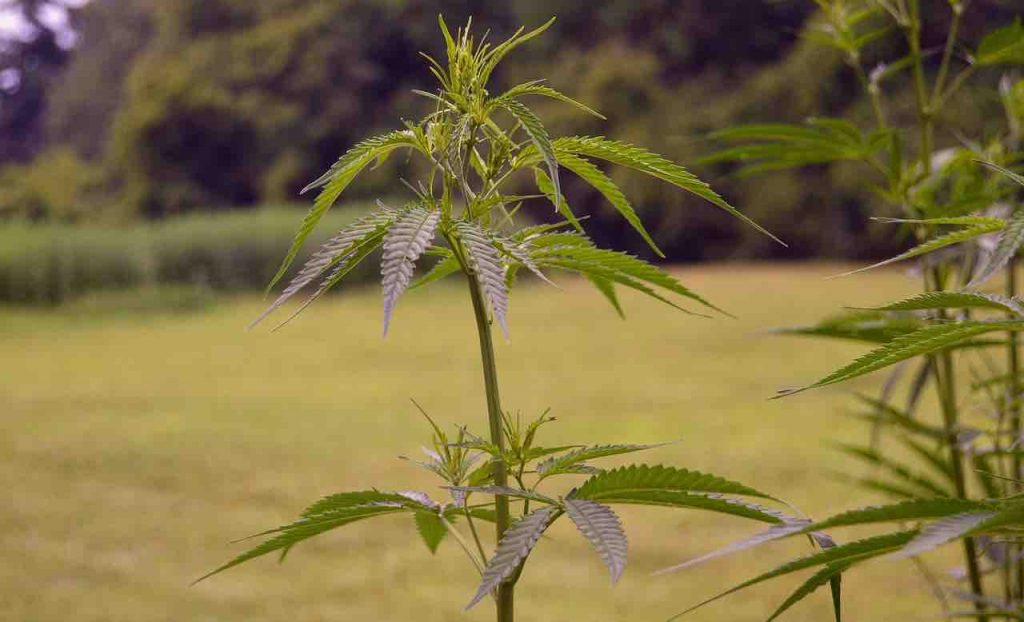
Hemp leaf extract rich in CBD was recently shown in a study to kill both species of yellow fever mosquito in their larval phase, including one that had developed insecticide resistance.
The study demonstrates yet again how many different things hemp products can be used for, but unlike anything discovered so far, use as an insecticide could literally save millions of lives.
“Mosquitoes are one of the deadliest animals in the world, mainly because as adults they serve as vectors of disease,” said Erick Martinez Rodriguez, lead author of the study and a graduate student in entomology at Ohio State University. “It’s very important to be able to control these pests at an early stage, when they are at the most vulnerable.”
Much like infectious bacteria, the rampant use of insecticides to control mosquito populations has led to some populations developing robust resistance to these poisons.
Inspired by previous Ohio State research which discovered that the bark properties of a plant native to Madagascar worked as a natural mosquito insecticide and repellent, Rodriguez sought to determine if hemp could act as a viable and safe alternative to current biopesticides.
Larvae are far more easy to target than adult mosquitoes which can fly and travel long distances.
To test hemp’s toxic effects against mosquito larvae, Rodriquez and his team took air-dried hemp leaves, pulverized them into a fine powder, and soaked that in methanol for a few weeks to reach the desired CBD concentrations.
The methanol was later removed from the solution to make it easier to chemically analyze, resulting in an extract that was eventually given to the larvae with their food.
Depending on the concentration of hemp extract used, the team discovered that the hemp leaf was potent enough to be equally toxic to both strains of mosquito larvae. What surprised Rodriquez was the small amount needed to be so deadly.
“If you compare the amount of hemp extract needed to kill 50% of the population to other synthetic conventional insecticides, it is on the high side, but when you compare it side-by-side to other natural extracts we have tested in our lab, only a relatively low amount is required to produce high mortality values in larvae,” Rodriguez told Ohio State’s press team.
COMBATTING ANTIBIOTIC RESISTANCE: Scientists Hail New Antibiotic That Can Kill Drug-Resistant Bacteria
While CBD eventually led to 100% mortality for the larvae, different concentrations of the hemp extract caused different mortality rates in the hours leading up to that time.
Cannabidiol, or CBD for short, is one of many active compounds in the hemp plant that’s non psycho active. Hemp is just one kind of the Cannabis sativa plant, and one which typically contains low amounts of THC, the compound that gets us all high.
MORE HEMP STORIES: World’s Tallest ‘Hempcrete’ Building in South Africa Captures More Carbon than it Emits
CBD, and hemp more generally, have many medicinal and household uses, some of which GNN has reported on before. Among those uses are veterinary care products, which raises interesting questions about the toxicity of CBD to other animals, for example, insects we don’t want killed like butterfies or honey bees.
“CBD is a compound that appears to be safe for people and our companion animals to ingest,” said Peter Piermarini, co-author of the study. “It’ll be interesting to learn more about how CBD interacts with various proteins in mammals and insects to understand why it’s safe for people but not insects.”
SHARE The News Of This Priceless Discovery With Your Friends…





















WOW the more I learn about hemp the more I want it back…..That EVERY single living entity including insects have an Endocannabinoid System!!!! This is amazing and I want to hear and Learn more.
I read that it was the “barons” of paper and “wood” that demonized marijuana to get rid of hemp!!!! ENOUGH!!!!